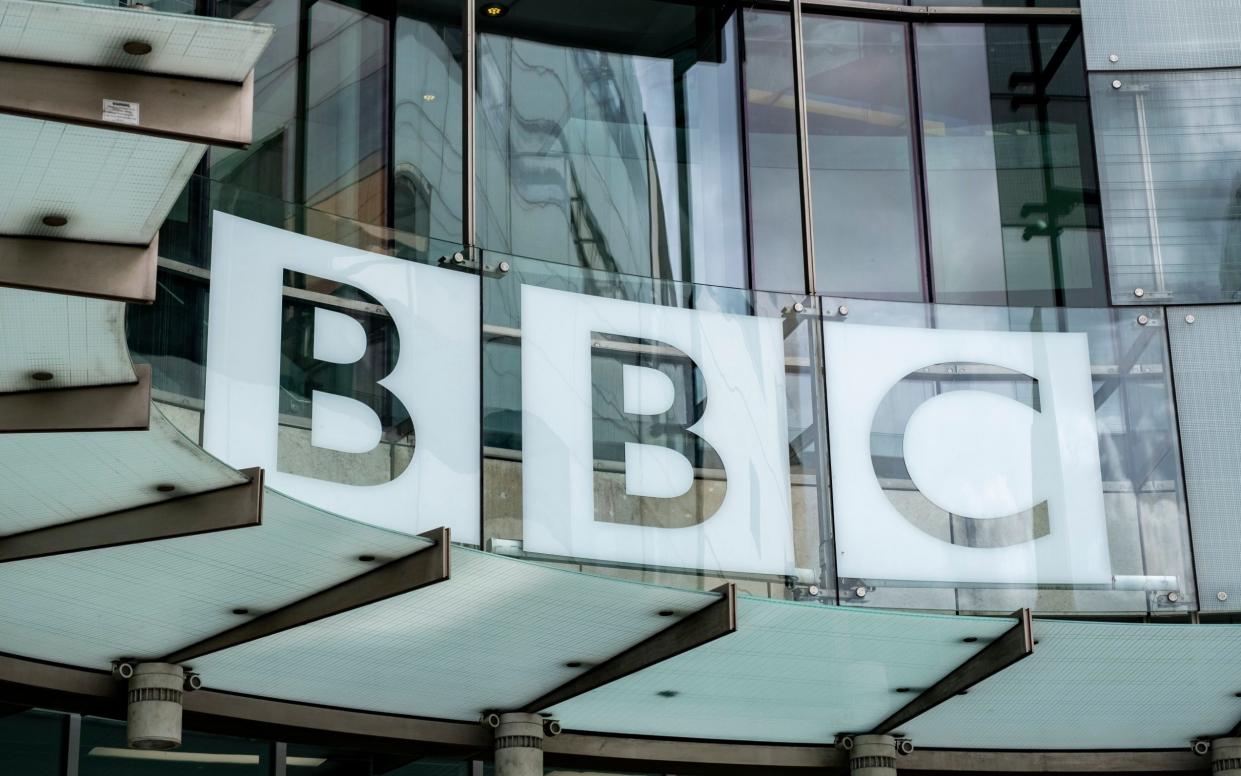The BBC has given up any pretence of impartiality

This week, BBC correspondent Sally Nabil appeared live on the BBC News Channel in primetime to report on the tragic death of pilgrims at Mecca due to intense temperatures.
For those unfamiliar with Ms Nabil’s work, it is worth reviewing her social media output in the aftermath of the Hamas terrorist attacks on Israel. Ms Nabil has shown herself to be comfortable with sharing anti-Semitic conspiracy theories, most notably the groundless claim that Jewish people were buying up land in northern Turkish Cyprus in order to seize territory for Israel.
Yet this is not the worst of it. Despite being a BBC journalist, Nabil “liked” a number of tweets that appeared to legitimise the targeting of Jewish civilians, including one that called the October 7 massacres a “morning of hope”. She also liked a comment on a video that showed footage of vehicles loaded with Jewish bodies and kidnapped civilians.
It is hard to put into words how offensive and distressing this is to many in the Jewish community, and of course, to the decent-minded majority of British people who have sympathy for what Israeli families suffered that day.
Many will consider Ms Nabil’s apparent support for a message, which described the rape, kidnap, mutilation and murder of innocent people as a source of “hope”, as tantamount to showing sympathy for terrorists at their most inhumane.
The real question here is why, eight months later, Ms Nabil is still working for the BBC, her salary paid for by us all as licence-fee payers. But she is a symptom of a problem, not the problem itself.
The fundamental issue is the failure of the BBC’s most senior executives to get a grip on anti-Israel bias and anti-Semitism in the organisation. In this case, it seems clear that senior BBC management have made the decision that it is acceptable for staff to endorse a racist massacre without any impact on their employment. Given these circumstances, how on earth can Britain’s Jewish community believe that the BBC’s leadership takes anti-Jewish racism seriously and is determined to stamp it out?
The BBC likes to hide behind “process” in situations such as this, but I believe the public interest outweighs all other considerations. It should not be possible for our national broadcaster to continue to employ someone in these circumstances without full and transparent public scrutiny.
So here are some questions that senior BBC management should take the trouble to answer directly:
How does the BBC justify employing a journalist who has shown support for the worst massacre of Jewish people since the Holocaust?
Where would the BBC draw the line, in terms of the enthusiasm journalists would need to display before they are deemed to be an unsuitable member of staff?
Why do BBC managers believe that Sally Nabil is able to maintain due standards of impartiality when her anti-Israel views are causing such great offence?
And finally, if an employee’s prejudice was instead directed at the black or Muslim community, would BBC executives be so seemingly cavalier?
The BBC’s repeated claims that they take issues of anti-Jewish racism seriously are made a mockery of by cases like Ms Nabil. Unfortunately, a pattern has emerged, and it is hard to see it ending any time soon.
Danny Cohen was the director of BBC Television from 2013 until 2015


